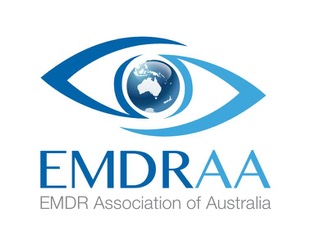EMDR
EMDR (Eye Movement Desensitisation & Reprocessing) is one of the most researched psychotherapeutic approaches for PTSD and trauma. Since 1989 over 20 controlled clinical studies have found EMDR to effectively decrease or eliminate the symptoms of PTSD for the majority of clients and it is more efficient.
Our brains have a natural way to recover from traumatic memories and events. This process involves communication between different parts of the brain, the amygdala (the alarm signal for stressful events), the hippocampus (which assists with learning, including memories about safety and danger), and the prefrontal cortex (which analyzes and controls behavior and emotion). Often traumatic experiences can be managed and resolved spontaneously, but sometimes the brain requires additional help processing poorly encoded memories.
Stress responses are part of our natural fight, flight, or freeze instincts. When distress from a disturbing event remains, the upsetting images, thoughts, and emotions may create an overwhelming feeling of being back in that moment, or of being “frozen in time.” EMDR therapy helps the brain process these memories, and allows normal healing to resume. The experience is still remembered, but the fight, flight, or freeze response from the original event is resolved.
The Australian Psychological Society (APS) has recently noted EMDR as a Level 1 treatment for PTSD in their recent published results for ‘Evidence-Based Psychological Interventions in the Treatment of Mental Disorders: A Review of the Literature’ (2018) for both young people and adults. This is the highest rating that can be applied to a specific therapeutic approach. Additional research has focused on use of EMDR for Depression and Anxiety and numerous other issues with extremely good results.
Since 2020, EMDR was included as an approved psychological strategy under Medicare’s “Better Access” Mental Health Care Plan’s.
To learn more about EMDR Theory, how the brain processes information and how dysfunctionally encoded memories can lead to PTSD and trauma – CLICK HERE
Source:
www.emdria.org/about-emdr-therapy
www.emdraa.org/emdr-faq

